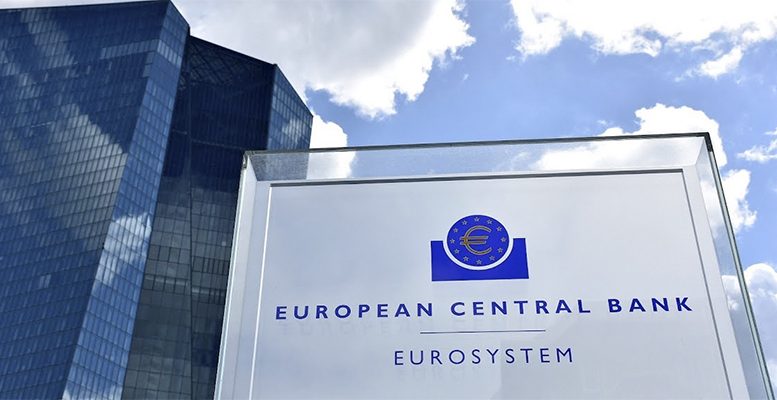The President of the European Central Bank’s Supervisory Board, Andrea Enria, is focusing on the proactive management of non performing loans, linking the dividend policy to the impact of Covid19 on credit quality. The ECB estimates an increase in delinquency rates due to Covid-19 of up to 1.4 trillion euros in an adverse macro scenario, equivalent to 5.7% of the capital ratio.
The market expects the ECB to announce whether or not it will extend its recommendation not to pay dividends at year-end or in January 2021. Lenders such as Santander, SocGen, or ING defend the return of the dividend in 2021, thus halting the fall in share prices. The sector has accumulated a decline in stock market terms of over 40 % in 2020.
At a round table organized last week by the Bundesbank, Banco Santander chairman Ana Patricia Botín said she sees the need for the ECB to reconsider its general recommendation; namely that banks under its supervision should not distribute any dividends until there is greater clarity on the effects of the pandemic. Botín also argued that the dividend veto is one reason why the banking sector is not sufficiently resilient “in terms of its ability to attract capital.”
Botín also highlighted other factors penalising the attraction of capital to the European financial sector, including high taxes and minimum prices.
The main banks in the EMU have made a significant effort in provisioning for Covid19 in H1’20. And, with a few exceptions, a lower cost of risk is expected in H2’20. However, the macro environment is still challenging and so far the ECB has recommended prudence in the management of the lenders’ balance sheets (write-offs and capital).
Bankinter’s analysis team maintains its recommendation to avoid the sector for the following reasons:
1.- High pressure on margins (low rates until at least 2023).
2.- Cost of risk on the rise in 2020/2021
3.- Deterioration in credit quality metrics in Q4’20/2021
4.- Low profitability (RoE) and pressure to adapt the business model – adjustment in costs and investment in technology.
5.- Lack of visibility in the dividend policy,
6.- We understand the consolidation movements (CaixaBank-Bankia, Intesa-UBI Bank …) as a defensive strategy (pro-solvency), but not as a catalyst for the sector as a whole and
7.- The monitoring of the anti-money laundering policies of some banks (DB, Commerzbank, JP Morgan, BNY, HSBC, Chartered Financial… ) raises concerns about the risk of legal costs.





